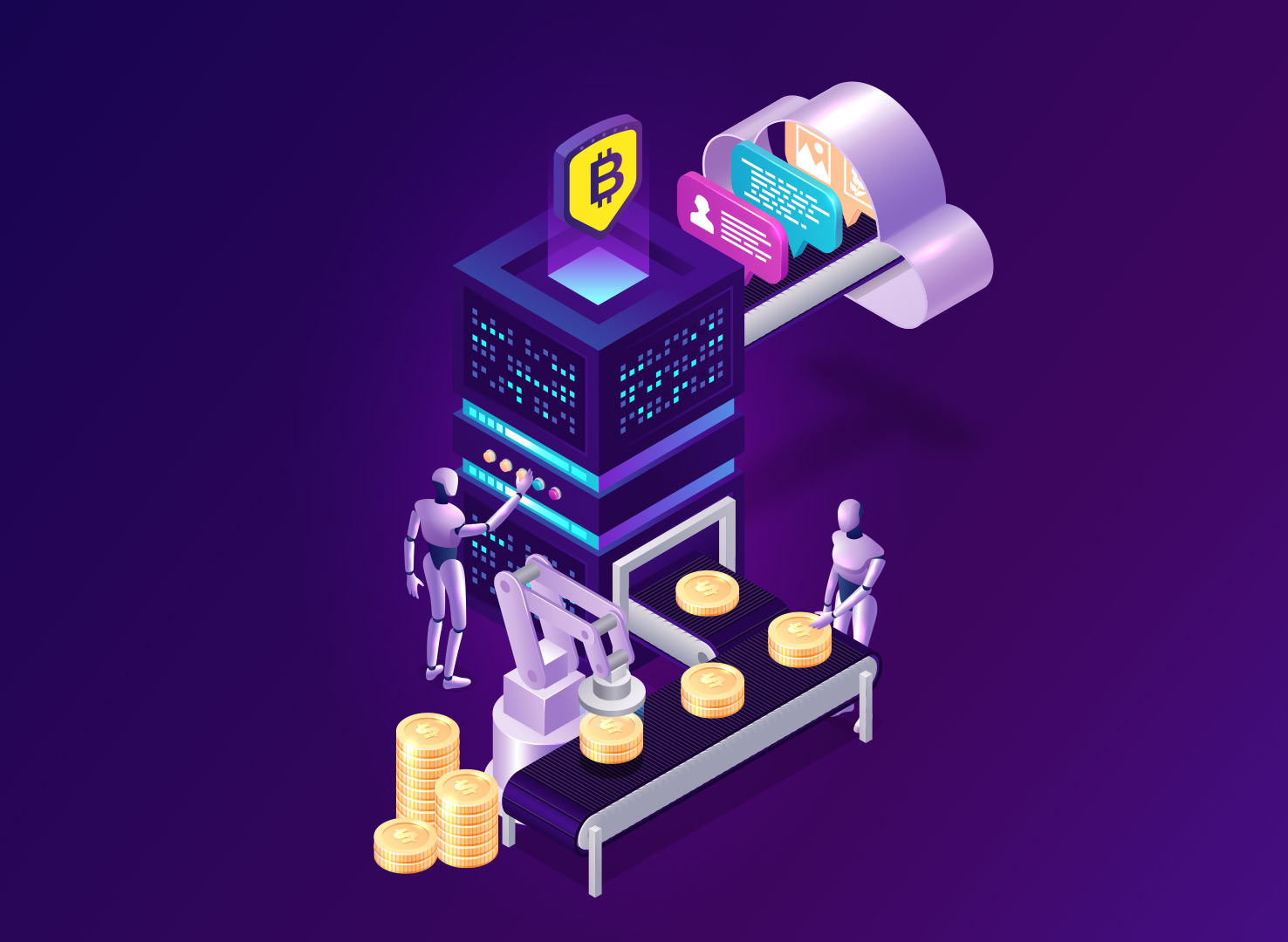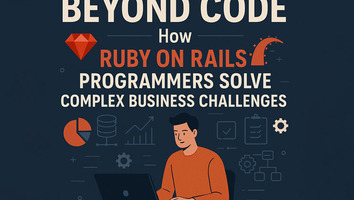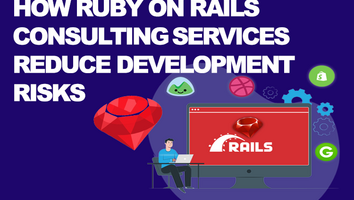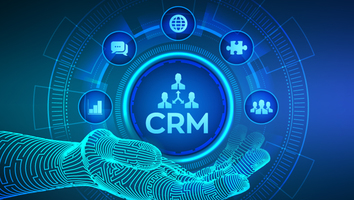A new era of effective, automated, transparent, cost-effective, and future-proof privacy and security applications might be ushered in by advancements in cybersecurity and new regulations, along with systems powered by blockchain and artificial intelligence.
Let's talk about what these systems could be able to do and how decentralized AI development solutions might contribute to this urgently needed transformation.
The Internet of Things and your internet behavior both produce enormous volumes of data today (IoT). For a range of uses, including research, marketing, and commercial applications, this information is incredibly important.
Users, however, have little influence over how their data and personal information will be used due to the nature of centralized data storage and data management systems. Without your permission, this private information might be sold or shared.
Data is also susceptible to online breaches and hackers since it is used in so many different ways today. Additionally, organizations typically neglect to put the required data protection measures in place due to the rising expenses of procuring efficient data management and security services.
Thankfully, blockchain development technology offers a creative and economical answer to all of these issues. The majority of blockchains and decentralized ledger technologies (DLTs) arrange users' data in accordance with security norms and allow them total control over it.
Importance of AI & Blockchain in Data Security
Privacy Regulations
Users usually have the following rights under new laws like the California Privacy Rights Act (CPRA), which expanded on the 2018 California Consumer Privacy Act (CCPA), and the General Data Protection Regulation (GDPR), which was passed in the EU in 2016.
- Be aware of the kind of personal information being gathered about them.
- Be aware of any sales or disclosures of their personal information, and if so, to whom.
- Refuse to have their personal information sold.
- Obtain their private information.
- Request that a company erases their personal information.
- Not to face prejudice because they used their right to privacy.
While these privacy rules can directly enhance how businesses secure customer data, putting in place the policies and systems to support them can be difficult. Blockchain and distributed ledger technology (DLT) can aid with compliance in this situation.
Blockchain and Privacy
The fact that blockchain-based software development solutions enable enterprises to share data in ways that weren't previously conceivable is one of their most significant advantages. This creates new opportunities for collaboration, increases operational effectiveness, and generates fresh sources of income. The ability to read and write transactions to a shared ledger, as well as how data and transactions are broadcast, authenticated, and stored, are all crucial factors for blockchain architects to take into account. Private data can be protected in blockchain applications in a variety of methods, as will be covered below.
- Decentralized identities: These occur when individuals own the rights to their identity-related data. Private databases can be used to hold personal data, and pointers recorded on the blockchain can be used to interact with or validate that data. These solutions have a wide range of uses in the licensing, insurance, and healthcare industries.
- Zero-knowledge proofs permit data access while protecting individual privacy and data control. Without disclosing any information, they can be used to quantitatively confirm that a claim or condition is correct.
Artificial Intelligence and Data Privacy
The applications of artificial intelligence for data privacy are thus brought forward. A vast number of fields, including facial recognition, medical diagnosis, and financial modeling are currently using AI. The amount of exposure for the businesses and stakeholders who give the data can be reduced since AI applications can be educated with data without needing to own or manage that data. Following are some examples of how AI might enhance security and protect privacy:
- Recognizing harmful assaults to improve system security.
- Enforce permission with smart contracts so that users can choose what data they want to disclose.
- Cleaning and extracting insights from big datasets automatically.
- Using more diverse data sources to create better, more accurate, and more genuine AI development models.
Emerging Uses Cases
Blockchain technology and artificial intelligence technologies are revolutionizing a wide range of sectors and industries. AI models have been utilized by medical researchers to inform their decision-making while also gathering intelligence on virus spread. To enable smart freight monitoring, resource allocation, and real-time electricity generation and distribution, smart cities are utilizing embedded sensors and edge devices.
Renting or sharing vehicles and homes could become simpler and more cost-effective thanks to blockchain architectures, and AI could be used to process license applications, generate contracts, dynamically adjust insurance or utility rates based on usage, save energy by turning off appliances or systems like HVAC equipment when not in use, and reduce the need for middlemen to enable less expensive money transfers.
The list goes on and on, and we can now share and integrate data in new, creative ways that were not previously feasible. We now require a better method for developing, disseminating, and assisting in the monetization of AI applications that can enable all of the aforementioned developments.
Conclusion
Businesses and enterprises have been increasingly converting to online platforms and digital databases since the advent of the World Wide Web.
A staggering 2.5 quintillion bytes of data are produced every day by the 5 billion people who use the internet daily. Almost every industry and field has noticed this tendency.
Everyone will have rapid, simple, inexpensive, and hassle-free access to the data and algorithms required to provide better, faster, less expensive, and more individualized services. Our platform is built with security, decentralization, and feasibility, intended to support anyone who wants to tap into the enormous potential of AI and blockchain development algorithms and applications developed and published by innovators to create their goods, services, and solutions.



